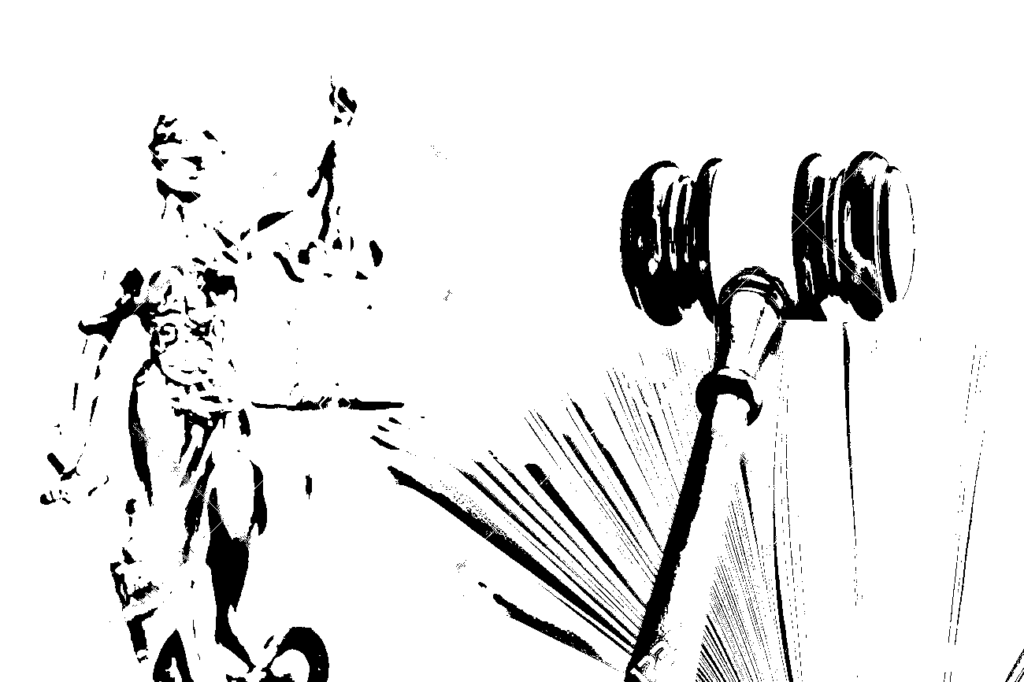Indian law puts a premium on settled possession, even if it’s a trespasser who is so possessed of an immovable property. The Supreme Court has repeatedly ruled that possession is to be respected even if it is not accompanied by title, and nobody (including the true owner) has the right to forcibly dispossess anybody in actual, settled possession without taking recourse to law.
Section 6 of the Specific Relief Act provides that where any person in possession of an immoveable property is dispossessed other than through the due process of law, they may recover such possession through a suit within 6 months of being so dispossessed. It also adds that possession can be so recovered by the person dispossessed notwithstanding any better title that may be set up in the suit. This implies that the question of title cannot be gone into insofar as Section 6 proceedings are concerned.
However, there must have been settled possession for this provision to be successfully invoked – and not intermittent or spasmodic attempts at possession. The Supreme Court underlined this requirement in Rame Gowda (Dead) by LRs. Vs. M.Varadappa Naidu(Dead) by LRs & anr (2004) 1 SCC 769, holding that “it is the settled possession or effective possession of a person without title which would entitle him to protect his possession even as against the true owner”.
It must be mentioned here that even if recovery of possession under Section 6 is decreed, there is no bar against anyone from bringing a fresh suit for declaration as to title and recovery of possession.
That leaves us with another interesting question: Can a prohibitory injunction be granted against the true owner and in favour of a trespasser? Click to read on.

An advocate with nigh on a decade’s worth of litigation experience and an insatiable appetite for knowledge, yours truly has been a regular in the Supreme Court and various other courts and fora in and around Delhi—as well as various High Courts around the country. He is a founding partner at The Law Syndicate.

